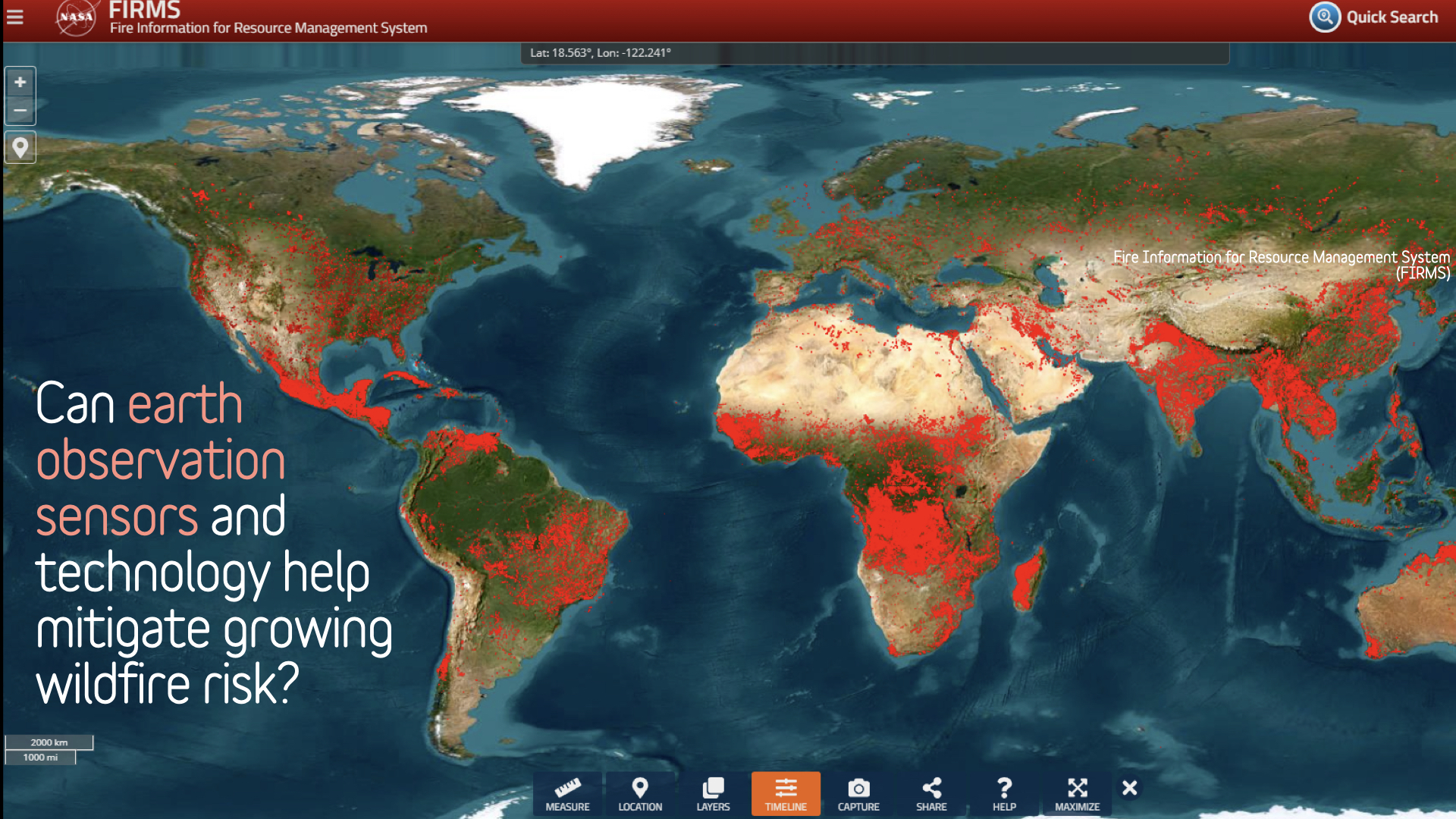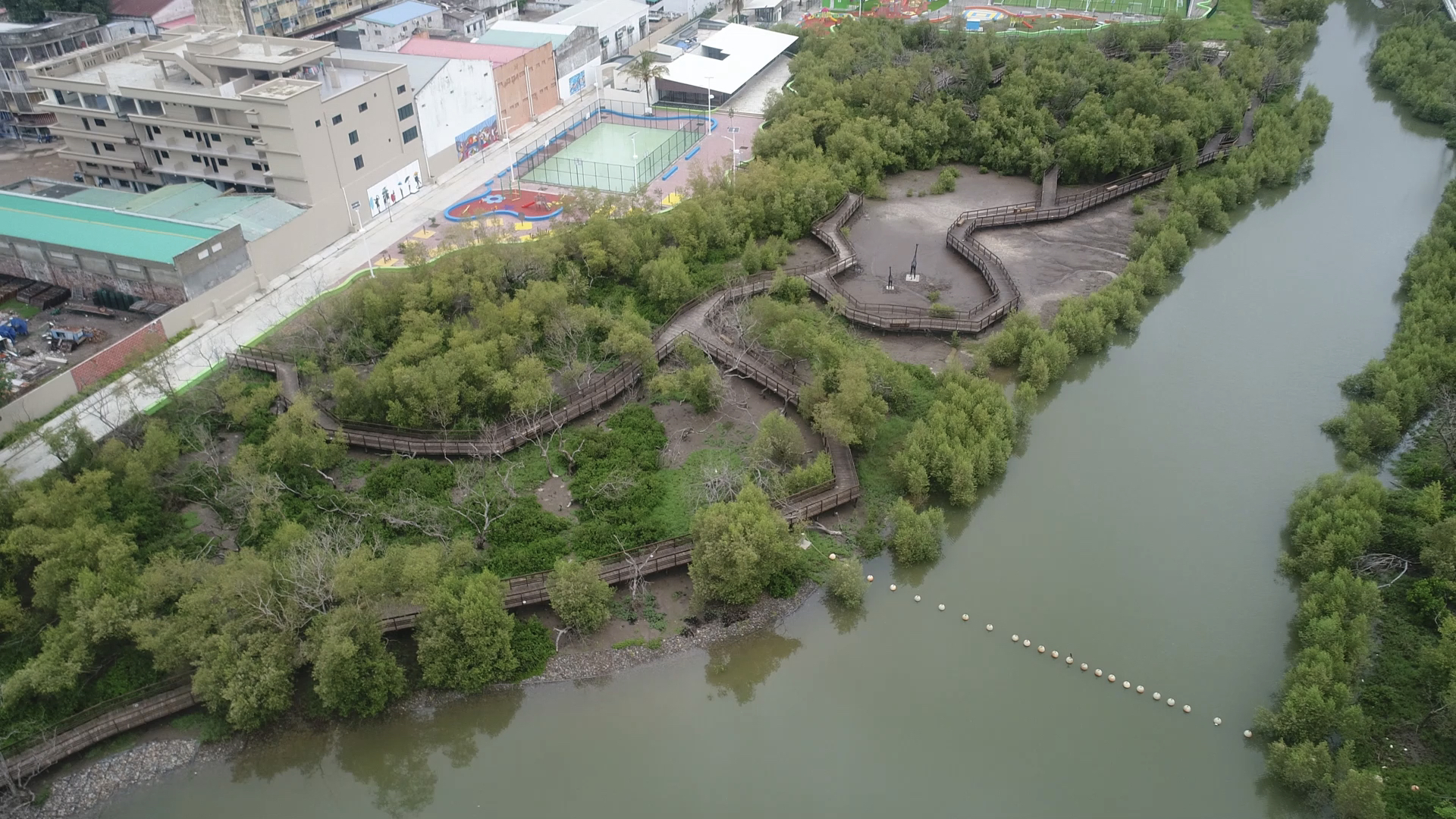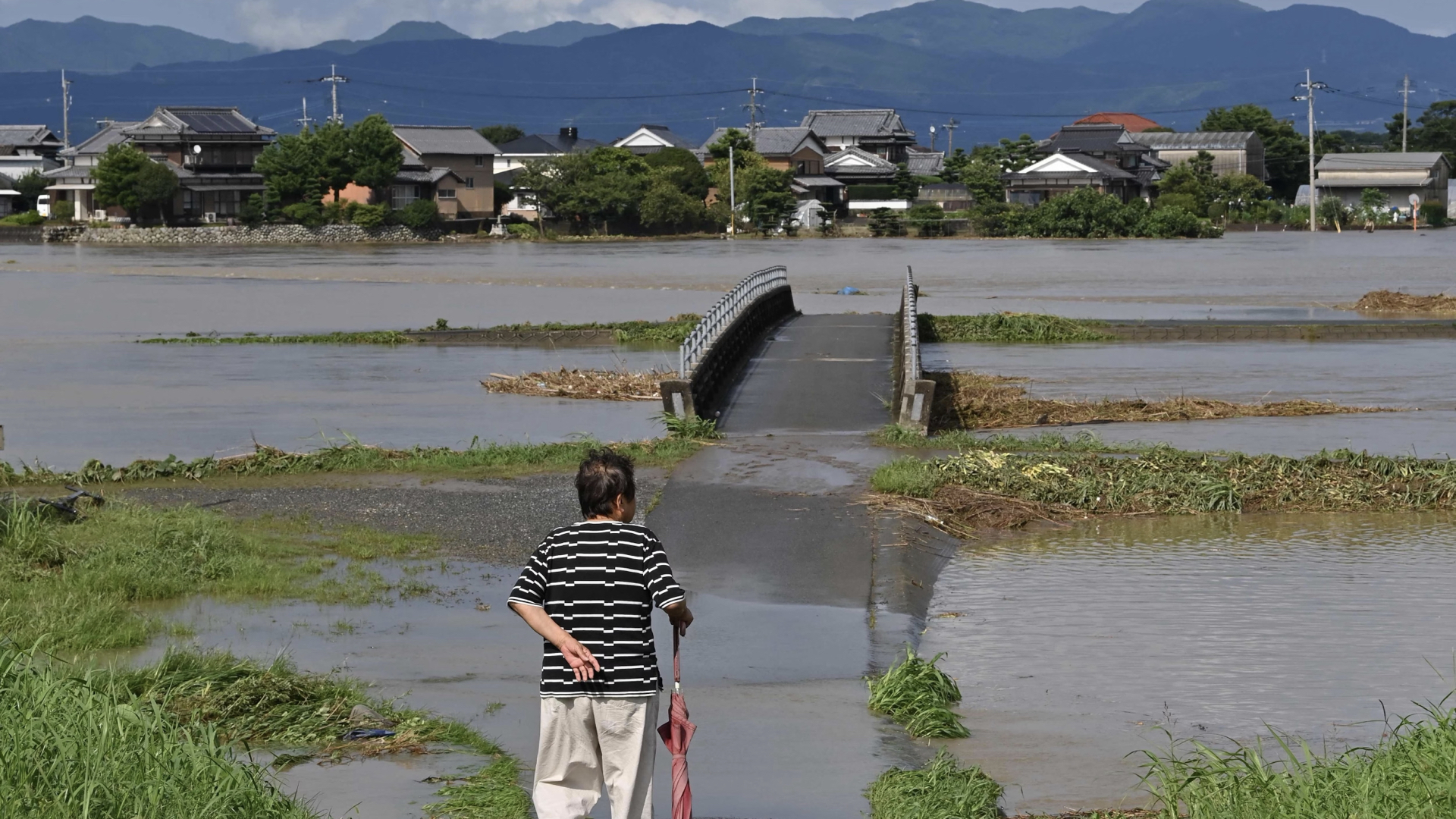Futu’risk’tic√: Using Future Climate Projections to Inform Action NOW
Future climate projections show us a possible future. Do early actions, which help people now, also help them prepare for
AI for Impact: Google’s Take on Crisis & Climate Challenges
Join us for an introduction to Google's AI applications (and beyond) in addressing climate and crisis challenges, such as forecasting
Extreme Heat in Cities: From Assessment to Action
As heat waves become more frequent and intense - by 2050, more than 4 billion people are expected to experience
Bridging the Infrastructure Gap: Tools for Resilient Investments in Infrastructure for the Caribbean and beyond.
The session explored multiple initiatives through which the Canada Caribbean Resilience Facility (CRF) enhanced disaster preparedness and infrastructure resilience in
What about Geohazards? State of Practice in Risk Assessment and Needs to Improve at National to Sub-National Level
Geohazards such as earthquakes, volcanic eruptions, tsunamis and landslides represent a significant proportion of the global disaster risk. Yet the
Tomorrow’s Never Closed: the Future of Resilient Schools
In the face of the learning crisis faced by low- and middle-income countries worldwide, the WBG’s Safer Schools Thematic Area
The Serious Matter of Gamifying Disaster Risk Financing
Governments around the world are facing greater pressure on fiscal space with increases in climate impacts and more funds being
The Natural Disaster Fund: Impact-Driven Protection to Improve Climate Resilience
Join us to explore how the Natural Disaster Fund (NDF) can support micro-meso level financial organisations with risk capacity to
The Island Advantage: Strategies for Resilient Urbanization in Small Island Developing States
With fragile ecological profiles, low elevations, sea levels that are expected to rise, and extreme weather events that are likely
The Hotspot Stoplight: Integrated Modeling and Mapping of Climate Risk, Biodiversity Loss, and Urban Expansion
UN-Habitat, the University of Pennsylvania, and the government of Costa Rica will share early lessons from application of their latest
Symphony of Tradition and Innovation: Orchestrating Global Resilience in Diverse Communities
Today’s societies are complex ecosystems that are often affected by sudden or long-term disruptions, such as natural disasters including climate
Sharing Experiences of Building Seismic Resilience: Indonesia, Japan, and the Philippines
This session discusses challenges and strategies of building seismic resilience in developing countries, highlighting the experiences from Indonesia and the
Sendai Framework Monitoring: Why not for Municipalities?
As the host city of the Third UN World Conference on Disaster Risk Reduction, Sendai City has worked to implement
Safeguarding the Power System – Investing for Resilience in Bangladesh, Japan, and Ukraine
Electricity is the lifeblood of a modern economy, with both natural and human-driven disasters creating complex challenges for ensuring reliable
Rooting for Nature: Demonstrating the Effectiveness of Nature-Based Solutions for Climate Resilience
Nature-based solutions (NBS) are increasingly used as an effective approach for reducing disasters risks while bringing benefits for water and
Novel Data, AI, and Disasters
As the impact of the climate crisis continues to accelerate, new data sources and AI tools are also quickly changing
Navigating the Complexity of Flash Flood Early Warning Systems to Safeguard Flood-prone Communities
Join us as we navigate the turbulent waters of flash flood early warning systems that prepare communities for flash flood
Mobilizing Private Capital for Resilient Housing
Government budgets to promote resilient housing are limited. Private capital needs to be mobilized and building standards enforced. While households
Lessons Learned from Ground Zero: Turkey, Morocco and Japan Earthquakes
Explore insights derived from earthquake response and recovery processes, spanning from the catastrophic 1995 Great Hanshin Earthquake in Japan to
Improving Urban Climate Resilience in India
India is home to a globally significant urban system consisting of over 4,400 cities and towns of different sizes, hosting
Holding on to Trust in the Face of Disasters
When disaster strikes, the media and the public can rapidly lose trust in those responsible for managing risk. How can
Help! How Do You Price a Risk Assessment?
Is there a standard risk assessment? Decision makers assessing risk are confronted with a multitude of options and combinations of
From the Code of Hammurabi to Future Code: Building Regulations for Resilient, Green and Inclusive Built Environment
Rapid urbanization and increased risks from the impacts of climate change and natural hazards in low- and middle-income countries, requires
Forecasting Messiness: Probabilities and Anticipatory Action
Welcome to the Wheel of Anticipation! Where we will explore how probabilities help inform our anticipation of potential extreme events
Exploring Immersive Decision-Making for DRR when Climate and Conflict Converge in Complex Contexts
Join us to explore decision-making in Fragile, Conflict, and Violence (FCV) contexts for Disaster Risk Reduction (DRR) programming. Amidst uncertainty,
Empowering Communities: Unlocking Aging Potential, Building Resilience; and Transcending Climate Challenges
The ongoing exposure of both developed and developing countries to a spectrum of natural disasters, encompassing floods, typhoons, earthquakes, tsunamis,
Empowering Communities: Bridging Innovation and Tradition for Effective Early Warning Systems in the Asia Pacific
This session is highlighting the critical role of early warning in mitigating disaster risks. Through a blend of innovation and
Disaster’s Toll in Conflict and Fragile Contexts: Unveiling Economic Impacts
Despite the prevalence of disasters in conflict-affected states, enacting climate and disaster resilience activities in such settings is highly challenging.
Digital Twin Paradigm for Disaster Resilience
Digital twin is recognized as digital copies of physical world's objects stored in digital space and utilized to simulate the
Digital Earth Partnership – Space for Resilient Development
The Digital Earth Partnership is a new collaboration of the Global Facility for Disaster Reduction and Recovery administered by the






